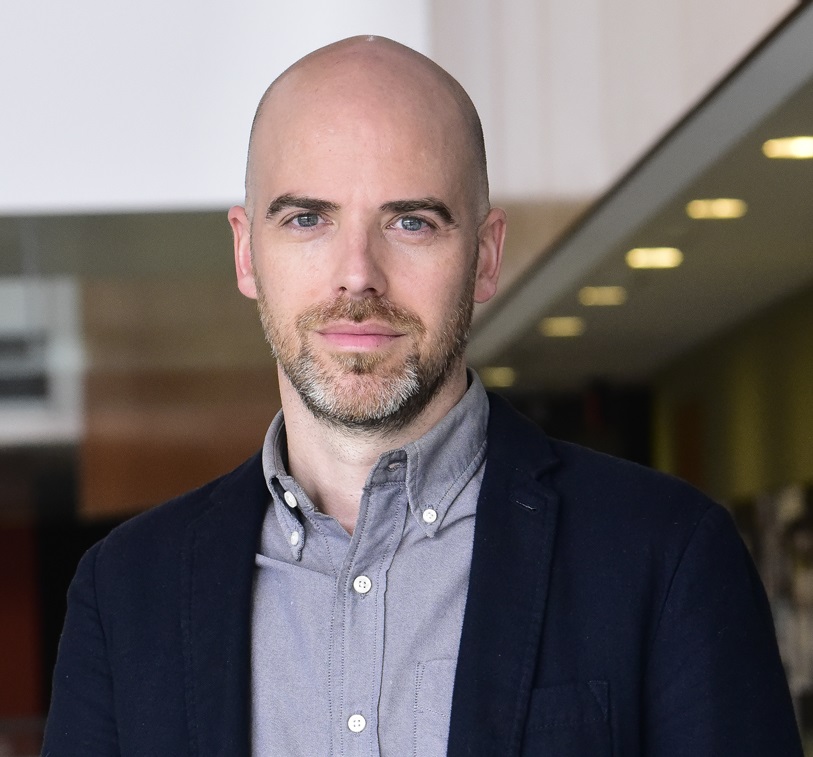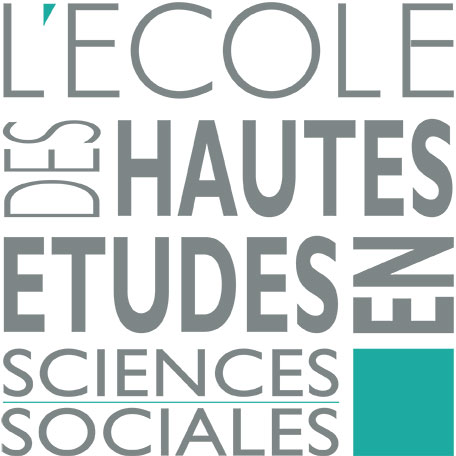Membres | Professeurs invités 2017-2018
William Max Nelson

William Max Nelson est Maître de conférences à l'Université de Toronto. Il est spécialiste de l’histoire des Lumières et de la Révolution française. Ses recherches portent sur l’émergence des idées de temps, race et biopolitique en France et dans le monde atlantique au XVIIIe siècle. Il a codirigé un volume collectif sur The French Revolution in Global Perspective (2013), et est l’auteur d’un manuscrit sur la naissance de la biopolitique au XVIIIe siècle.
Conférences
« The Circulation of Ideas of Race in the Atlantic World »
Dans le cadre du séminaire de recherche « Les Antilles anglaises et françaises sous le regard des voyageurs et historiens contemporains de la colonisation et de l’esclavage », animé par Cécile Vidal.
This seminar will analyze the development of ideas of race and their movement around the Atlantic world in the second half of the eighteenth century. We will particularly investigate the ways that certain ideas spread around the Atlantic in books without a clear sense of their origins, due to the great amount of unattributed quotation and paraphrasing that occurred in the eighteenth century, given the very different norms of authorial attribution. Focusing on a few specific ideas of the French naturalist Buffon, we will see how they spread in the Anglophone Atlantic without acknowledgement of their roots through the books of best selling authors such as Oliver Goldsmith.
- Mardi 22 mai 2018, 10h à 12h - EHESS/CENA (salle 12) - 105 bd Raspail 75006 Paris
« Enlightenment Biopolitics »
Dans le cadre du séminaire de recherche sur les « Historiographies des Lumières », animé par Antoine Lilti.
The existence of biopolitical ideas and plans in the eighteenth century begs the question of how the Enlightenment produced such powerful discourses of social and political inclusion based on ideas of toleration, equality, cosmopolitanism, and natural rights at the same time that it produced powerful and lasting discourses of exclusion based on the perception, and the conceptual creation, of differences of race, sex, and gender. In this seminar, I will argue that these Enlightenment exclusions were inextricably intertwined with Enlightenment inclusions. In a number of cases, in fact, arguments for inclusion were dependant upon the creation of new types of exclusion. This resulted in novel ideas of equality producing new arguments justifying various forms of inequality.
- Vendredi 25 mai 2018, 11h à 13h - EHESS (salle AS1_23) - 54 bd Raspail 75006 Paris
« The Atlantic Origins of Racial Segregation »
Dans le cadre du séminaire du CENA « Recherches nord-américanistes ».
This seminar will investigate the trans-Atlantic development of ideas and practices of complete racial segregation in the eighteenth century. There were intellectual, legal, and personal connections linking the French legal regime of racial segregation in the 1770s and 1780s (known of as the Police des Noirs), American ideas about sending emancipated slaves to a distant colony, and British ideas of colonial settlement of former slaves in Africa. These topics have always been treated separately. I will argue that they are better understood if they are seen together as developments of the Atlantic world.
- Lundi 28 mai 2018, 14h à 16h- EHESS/CENA (salle 12) - 105 bd Raspail 75006 Paris
« The Enlightenment Origins of Organicism »
Dans le cadre du séminaire de recherche « Les Antilles anglaises et françaises sous le regard des voyageurs et historiens contemporains de la colonisation et de l’esclavage », animé par Cécile Vidal.
This seminar will discuss the history of ideas of organicism in the Enlightenment. This is a relatively overlooked aspect of Enlightenment thought that presents quite a different picture from the traditional story of the Enlightenment as an Age of Reason characterized by calculative, mechanical rationality. The seminar will cover the origins of the idea of the organism in Enlightenment scientific theories of “organization” and “organized bodies.” It will then show how these scientific ideas were translated into social and political thought.
- Mardi 29 mai 2018, 10h à 12h - EHESS/CENA (salle 12) - 105 bd Raspail 75006 Paris
 Actualités
Actualités
Entretien avec Marie Assaf, doctorante de l'EHESS, sur l’état de la recherche sur les politiques du handicap
Échos de la recherche -Doctorante de l'EHESS en Études Politiques (Centre d'études nord-américaines - Laboratoire Mondes américains), Marie Assaf travaille sur les politiques d'emploi à destination des personnes handicapées aux États-Unis. À travers son analyse ethnographique des pratiques et di (...)(...)
Cycle « Sciences sociales et cinéma » : Nomadland de Chloe Zhao, avec Romain Huret
 Projection-débat - Lundi 17 janvier 2022 - 19:45Présentation du cycleLe cycle « Sciences sociales et cinéma », organisé par l’École des hautes études en sciences sociales (EHESS) et mk2, propose chaque mois de venir découvrir une œuvre cinématographique, suivie d’une discussion avec une chercheu (...)(...)
Projection-débat - Lundi 17 janvier 2022 - 19:45Présentation du cycleLe cycle « Sciences sociales et cinéma », organisé par l’École des hautes études en sciences sociales (EHESS) et mk2, propose chaque mois de venir découvrir une œuvre cinématographique, suivie d’une discussion avec une chercheu (...)(...)
Lectures estivales des Carnets de l'EHESS
Échos de la recherche -Fidèle à sa vocation d’éclairer le débat public grâce à la mobilisation des sciences sociales, l’École a lancé, au cours de la dernière année, deux Carnets de l'EHESS sur des thèmes d’actualité : Perspectives sur le coronavirus et Perspectives sur l'après-George Floyd. Dep (...)(...)
CENA-Mondes Américains
EHESS
105, bd Raspail
75006 PARIS
T. (33) 1 53 63 51 88
F. (33) 1 53 63 51 89



